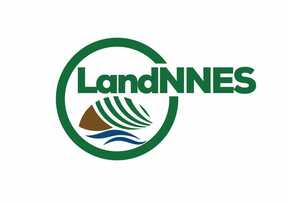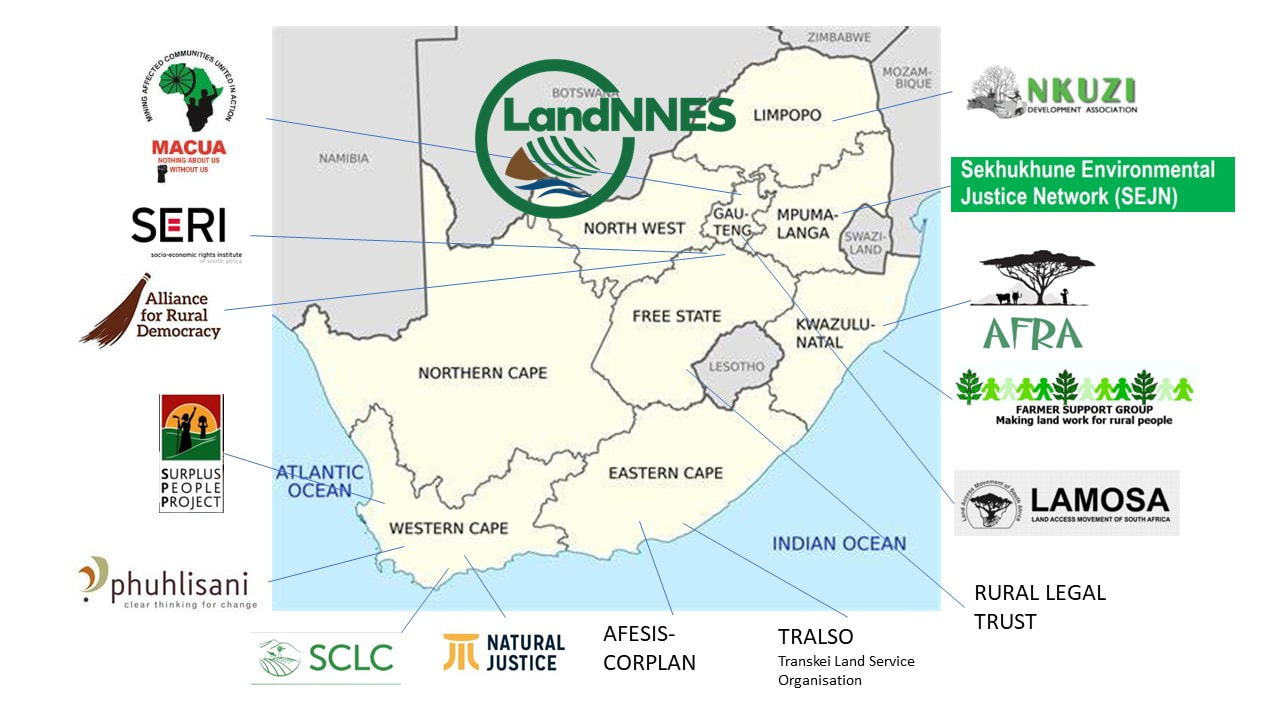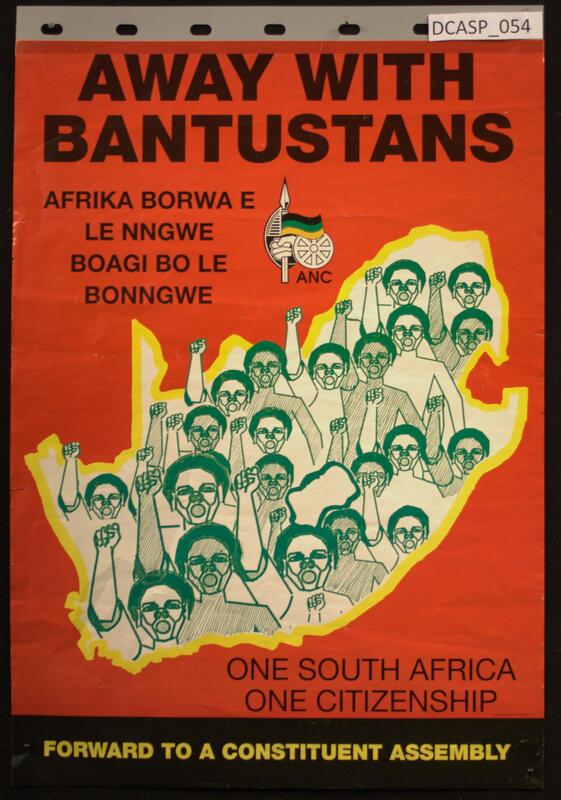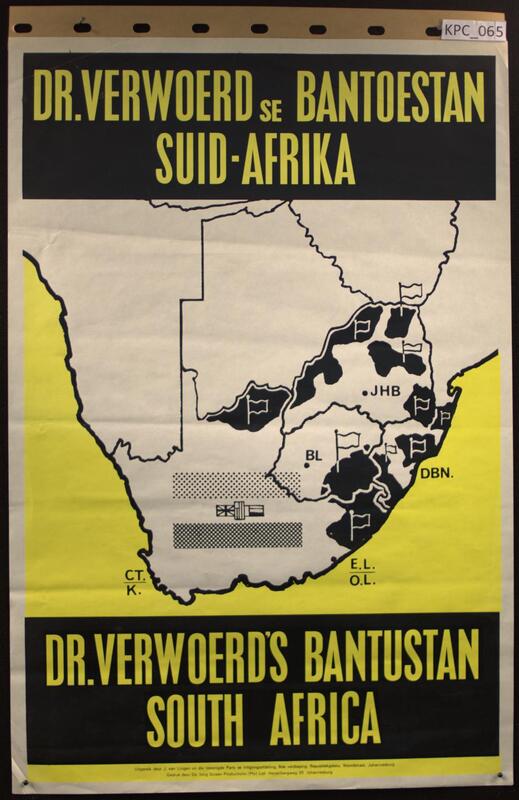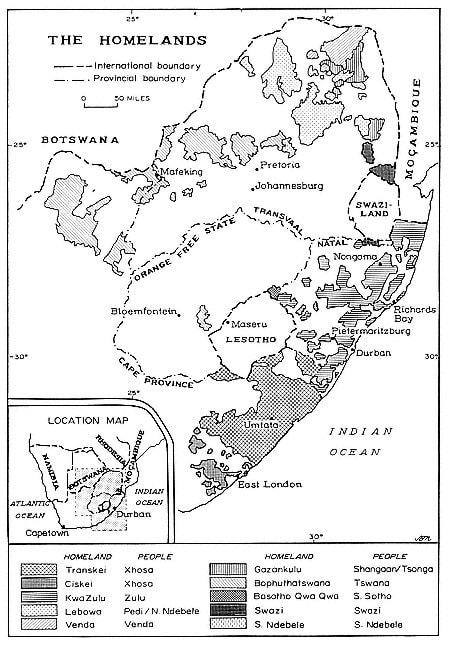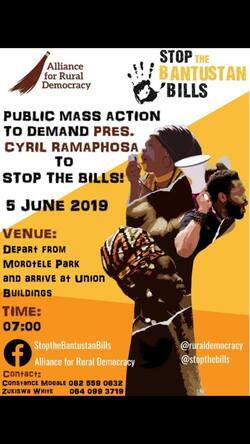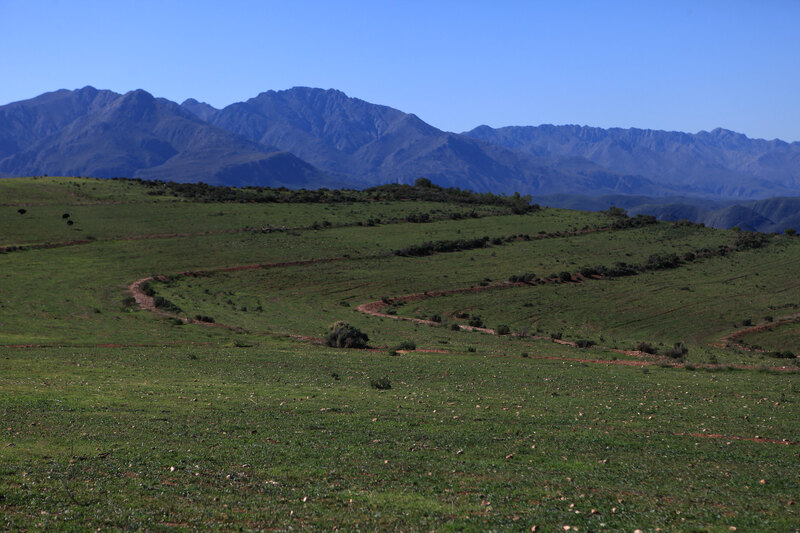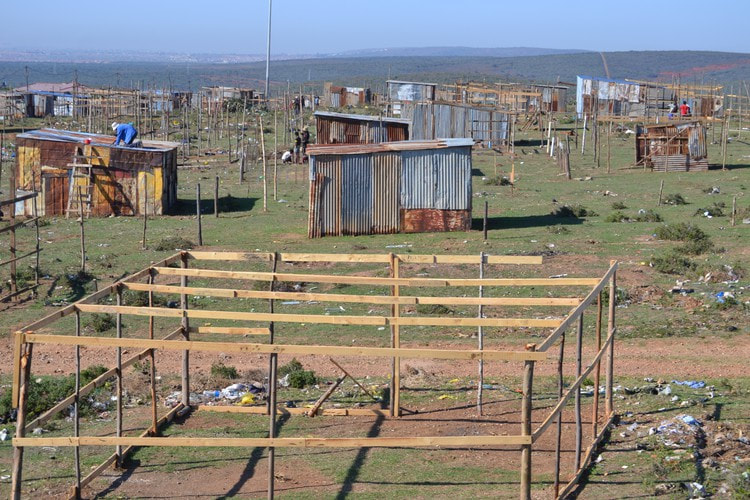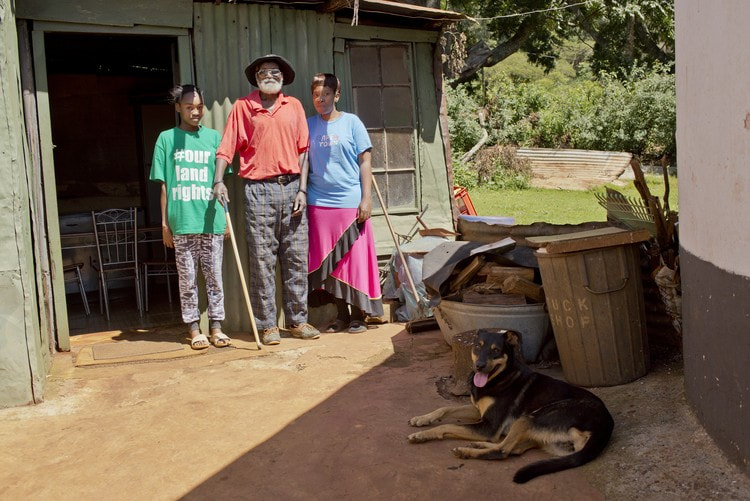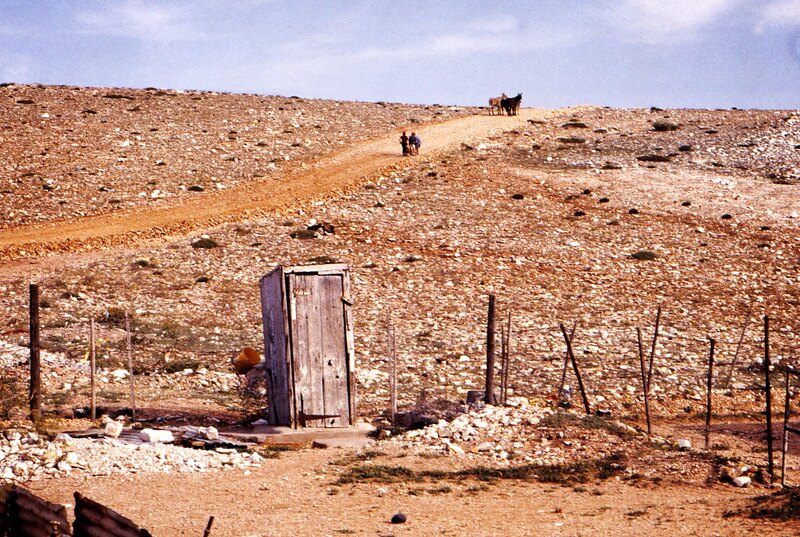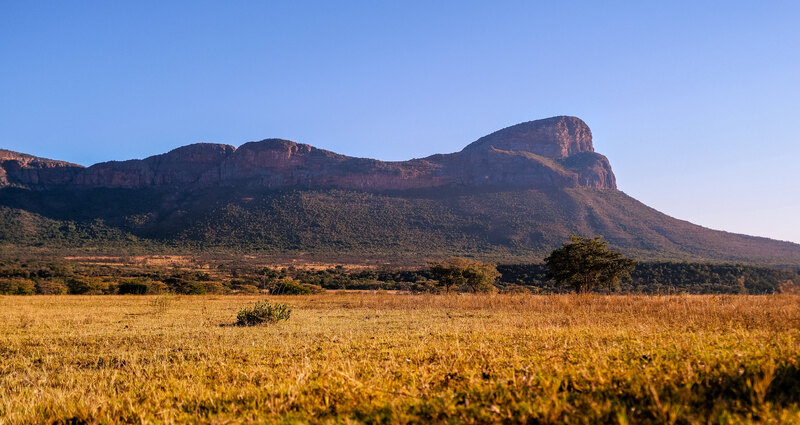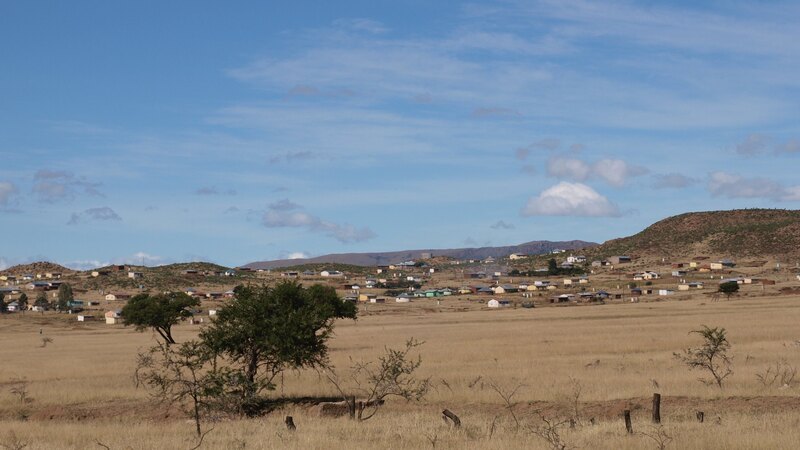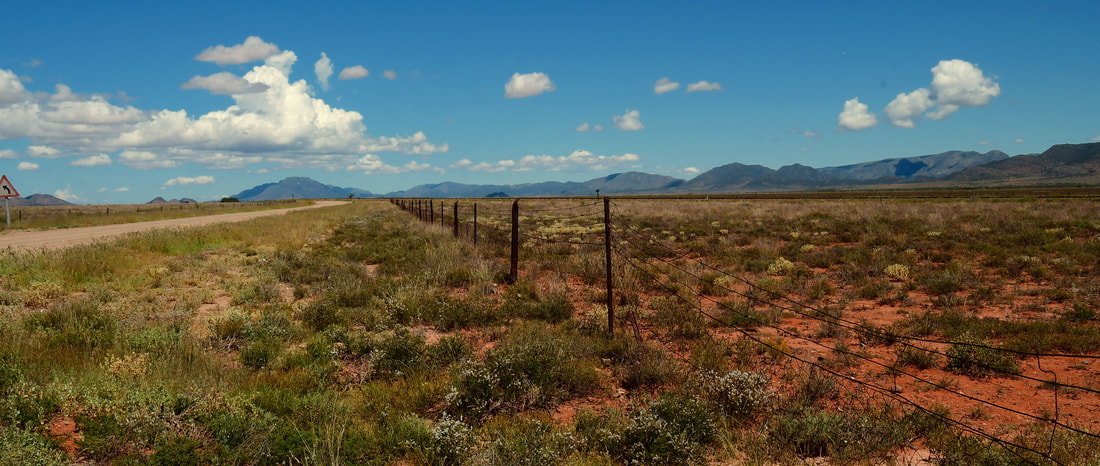A civil society initiative to promote people centred land governance
The Land Network National Engagement Strategy (LandNNES), is a consultative civil society platform convening members to redress inequality and promote people-centred land governance in South Africa.
LandNNES seeks to practically realise the rights guaranteed in Section 25(5)- 25(8) of the Constitution:
LandNNES was launched by civil society stakeholders in 2017, following the establishment of a national Multi-Stakeholder Platform (MSP) to advance people-centred land governance. As a consultative civil society platform LandNNES brings together members with a common medium-long term perspective for inclusive and equitable land governance.
The Network is currently focused on policy level advocacy through a strategy of Connecting, Mobilising and Engaging. The strategic goal of LandNNES is to realise equitable, inclusive and participatory land governance, and effective land administration, that particularly enhances women's land rights.
LandNNES seeks to practically realise the rights guaranteed in Section 25(5)- 25(8) of the Constitution:
- Securing access to land for all on an equitable basis.
- Securing land rights and tenure
- Advancing the right to restitution and compensation
- Promoting land, water and related reforms
LandNNES was launched by civil society stakeholders in 2017, following the establishment of a national Multi-Stakeholder Platform (MSP) to advance people-centred land governance. As a consultative civil society platform LandNNES brings together members with a common medium-long term perspective for inclusive and equitable land governance.
The Network is currently focused on policy level advocacy through a strategy of Connecting, Mobilising and Engaging. The strategic goal of LandNNES is to realise equitable, inclusive and participatory land governance, and effective land administration, that particularly enhances women's land rights.
Connect! Mobilise! Engage!
ILC support
The lnternational Land Coalition (lLC) has assisted civil society to launch LandNNES. The ILC is a global alliance of over 200 civil society and intergovernmental organisations working together to put people at the centre of land governance. Over the past decades, the ILC has advanced its mission by promoting secure access to land for rural people through capacity building, dialogue, and advocacy.
The lnternational Land Coalition (lLC) has assisted civil society to launch LandNNES. The ILC is a global alliance of over 200 civil society and intergovernmental organisations working together to put people at the centre of land governance. Over the past decades, the ILC has advanced its mission by promoting secure access to land for rural people through capacity building, dialogue, and advocacy.
Working across the landscape
Our members work across the South African landscape: From the former bantustans and 'coloured rural areas, with farmworkers and dwellers, with labour tenants and mining affected communities' to informal settlements and landless and homeless people in the cities.
Combating dispossession and inequality
Land dispossession and inequality are central to the South African story. By the end of the 19th century black people in South Africa had been dispossessed of the majority of their land. People were forced into reserves designated by the colonial authorities. These reserves provided the foundations for the bantustans under apartheid. They became dumping grounds for millions of people who were forcibly removed from 'black spots', white owned farms and urban areas.
A land divided
South Africa remains a land divided. Since the democratic transition in 1994 the bantustans no longer exist in law, but they remain impoverished and peoples' land and citizenship rights remain at risk. Tenure insecurity persists in South Africa with an estimated 70% of property rights remaining undocumented.

